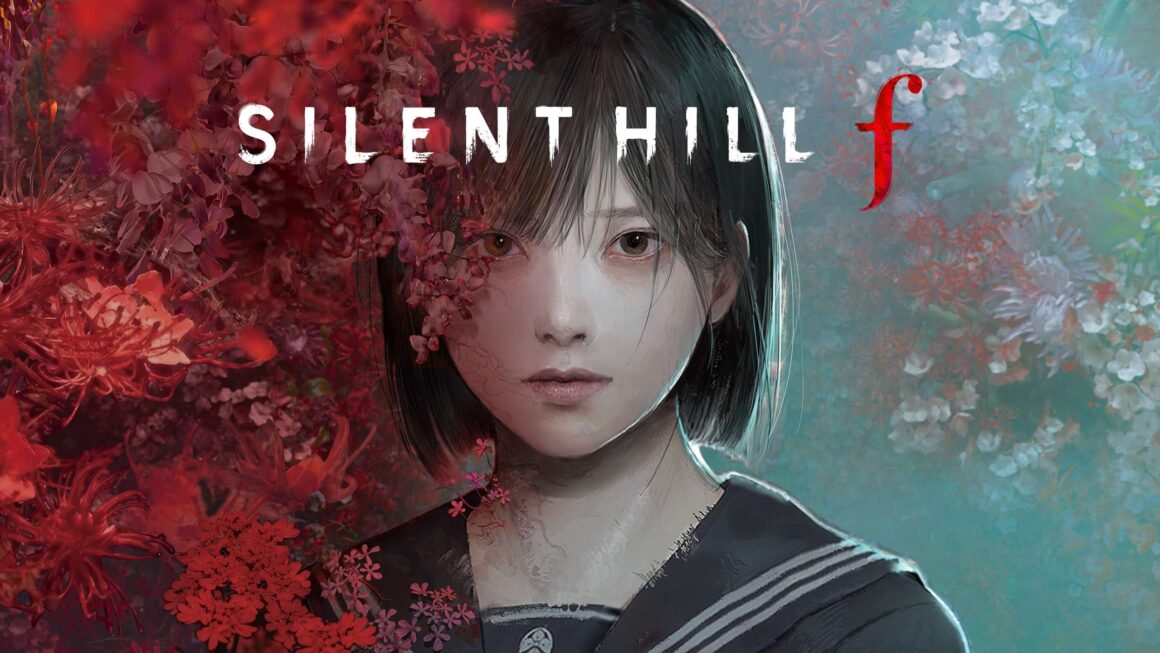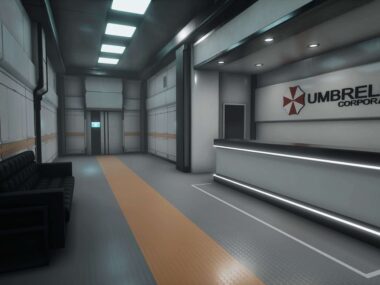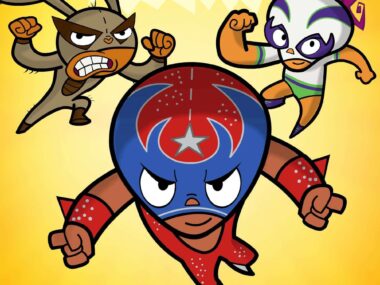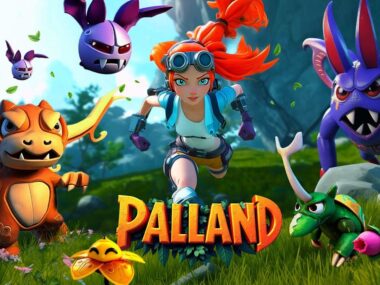With Silent Hill f, Konami isn’t reviving a long-dormant horror franchise, it’s reinventing it. Set in 1960s Japan and headlined by a new protagonist named Hinako Shimizu, Silent Hill f promises grotesque monsters, unsettling music, and puzzle mechanics soaked in psychological anguish. On paper, it checks all the boxes. Beneath the fog lies a major twist: this time, you’ll have to fight back, hard.
Producer Motoi Okamoto has made it clear this shift is no accident. The goal is to capture a younger audience. They plan to achieve this goal by introducing more thrilling, skill-based combat. It’s a gamble. Because when you mess with Silent Hill’s DNA, you’re reshaping what the series means.
A New Breed of Horror Or Just a Different Game?
Silent Hill’s combat has never been its selling point. The horror came from not knowing if you could survive, from clunky swings with rusted pipes and the anxious dread of hearing static hiss as something lurked nearby. The controls felt heavy because the fear was heavy. Every bullet was precious. Every encounter was about restraint.
When Okamoto says the team deliberately emphasized “exciting action” and that challenging melee combat is there to “appeal to younger players,” it sends a clear message: Silent Hill f isn’t following the old rules.
To help execute that vision, Konami tapped NeoBards, an action-focused studio known for fast-paced gameplay. The result is a combat system built around timed dodges and counterattacks. Weighty, precise, and meant to feel earned, not automatic. The developers are quick to say this isn’t Soulslike, but the inspiration is obvious. Fights are designed to be tough, but satisfying. Survival through skill, not just scarcity.
Evolving the Franchise or Alienating the Fans?
Does Silent Hill need challenging gameplay?
Historically, the franchise has been about slow-burn dread. You didn’t play to be good at fighting. You played to unravel the twisted psyche of a tormented character. You solved cryptic puzzles tied to emotional trauma, and walked through foggy streets that felt like nightmares made real. The limited visibility, basic melee attacks, and barely-working firearms forced you to feel helpless. They made you afraid.
By pivoting toward skill-based action, Silent Hill f risks trading dread for adrenaline. That doesn’t make it a bad game. It could make it a different kind of game and longtime fans will notice.
Does Combat Belong in a Game Built on Atmosphere?
The developers argue that modern players crave more intensity. Sure, games like Elden Ring and Lies of P have proven that challenging combat can attract huge, devoted audiences. Silent Hill was never about skill or combat. It was about psychological disintegration.
The real question isn’t whether action can work in horror. (It can.) It’s whether this kind of action can live alongside what makes Silent Hill…Silent Hill.
Can timed dodges coexist with terror? Can precise combos share space with symbolism and inner torment? Or does adding demanding combat dilute the atmosphere, replacing existential fear with fight-or-flight reflexes?
That balance will define Silent Hill f. Not just how fun it is to play, but whether it feels like Silent Hill at all.
Horror for a New Generation
Gen Z players, many of whom never experienced the original games. They’re drawn to faster gameplay loops, tighter mechanics, and difficulty that rewards mastery. This new audience might not care that Silent Hill 2 prioritized metaphor over melee. They want something that hits harder. Literally and Silent Hill f wants to meet them halfway.
When you evolve a legacy series to court a new demographic, you risk leaving your core behind. Silent Hill’s core fans are vocal, loyal, and deeply invested in what the franchise represents, not just how it plays.
Combat Alone Won’t Carry the Horror
Silent Hill f isn’t just trying to scare us, it wants to challenge us. Redefining the franchise through combat is a bold, risky move. It might refresh the series for new players. It might also alienate the ones who’ve waited years for a return to the quiet, creeping terror that made Silent Hill iconic in the first place.
In the end, it all comes down to balance. If the emotional depth, atmosphere, and psychological horror remain intact, then Silent Hill f could be a compelling evolution.
If action becomes the main event, it might not matter how good the gameplay feels. It just won’t feel like Silent Hill.






